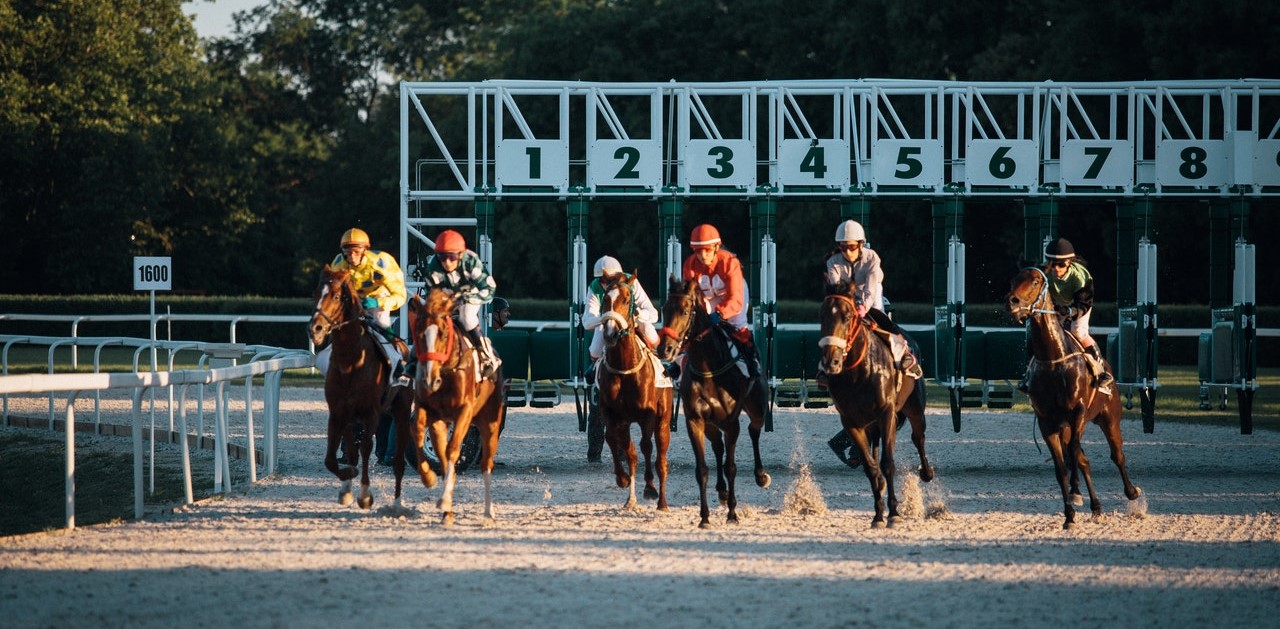Humans and animals have always had an inseparable connection throughout history; the road of human development and improvement has always included animals in one way or another. It is no wonder, then, that animals have also found their way into sports, alongside humans. Horse racing is a sport with a very long tradition around the world. The sport demands that the jockey and the horse be an incredibly effective unit and that they operate and think like one. However, despite the appeal that this majestic sport has, there are always concerns about whether including animals in this way is ethical. Can horse racing be considered animal cruelty?

Is there an account for the horses outside of the racetrack?
One of the biggest concerns, and certainly something that can be improved in the future, is that there should be more detailed and precise reports about what happens with horses before or after they finish their racing career.
There are detailed accounts of the horses’ lineage, as it is something that determines the value of the horse, alongside its racing results, but sometimes, there are not many records about the life circumstances of horses that are past their racing prime. However, we can notice that horse owners are becoming more responsible nowadays, and digital databases allow them to keep a more detailed and easily accessible description of their animals.
Stress
Horses are very smart animals, which makes them very prone to mental issues. One of these issues can be found in the repetitive behavior that racing horses are subjected to. Following along a single race track can result in issues with their balance and breathing. Usually, this is something that owners incorporate into the horses’ daily schedule, but there are now and then reports of the horses being denied these activities.

Physical cruelty
Many jockeys resort to using a cane or a whip to make their horse run faster in certain parts of the race. Fortunately, there are regulations being put into place about these things – for example, Australia has declared that only padded whips can be used in horse racing, so as to minimize the discomfort that the animals are feeling. Also, there are regulations as to how many times the whip can come in contact with the horse during the race, and this was also carefully calculated so as not to overwhelm the animals that are already undergoing intense physical activity.
Conclusion
It is very difficult to characterize the entire sport as animal cruelty, especially nowadays, when there are both more compassionate and responsible horse owners. Not only that, but there are rules and regulations being put into place that protect the integrity and well-being of the animals. Most of the abuse happens at the individual level, and it will likely be solved in the future just by raising awareness among horse racing enthusiasts and horse owners.

